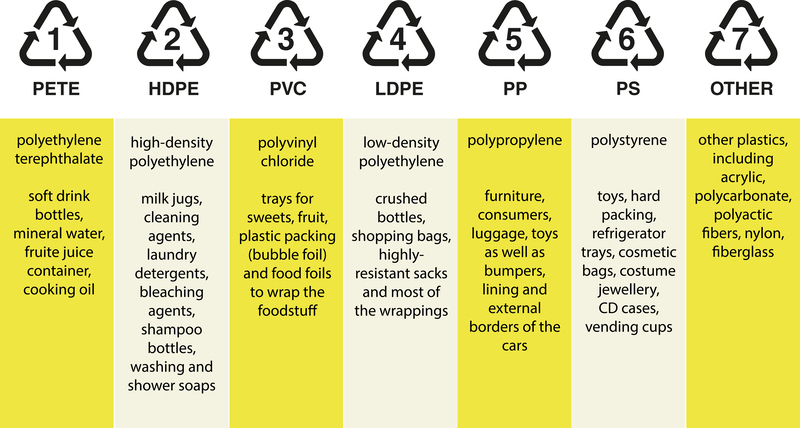Posted on 02/07/2024
The Growing Air Quality Crisis in British Cities
Air pollution is a major global issue, with many countries and cities struggling to combat its devastating effects. In recent years, air quality in British cities has become a concern, as many urban areas are facing dangerously high levels of pollution. Despite efforts to improve air quality, the problem persists and continues to pose a serious threat to public health and the environment.

Causes of Air Pollution in British Cities
There are several factors that contribute to the poor air quality in British cities. One of the main culprits is road traffic, particularly diesel-powered vehicles. These emit harmful pollutants such as nitrogen oxides (NOx) and particulate matter (PM), which have been linked to respiratory problems and other health issues.
Industrial activities also play a significant role in air pollution, as factories and power plants release pollutants into the atmosphere. Additionally, domestic emissions from burning fuels for heating and cooking also contribute to the problem.
Another factor that exacerbates air pollution in British cities is geographical location. Many cities, such as London, are situated in valleys or low-lying areas where pollution can easily get trapped. This creates a phenomenon known as "thermal inversion," where a layer of warm air acts as a cap, trapping pollutants close to the ground.
The Consequences of Poor Air Quality
The consequences of poor air quality cannot be ignored. Air pollution has been linked to various health problems, including respiratory illnesses, asthma, heart disease, and even premature death. It also has a significant impact on the environment, causing acid rain, reducing crop yields, and damaging buildings and monuments.
Furthermore, the economic impacts of air pollution cannot be overlooked. The cost of treating health problems related to air pollution is substantial, placing a strain on healthcare systems. It also affects productivity and tourism as people may avoid visiting cities with high levels of pollution.
Solutions to the Air Pollution Crisis
In recent years, the British government has implemented various initiatives to address the air quality crisis in cities. These include the introduction of low emission zones, promoting the use of electric and hybrid vehicles, and investing in public transport infrastructure.
Many cities have also implemented congestion charges to reduce traffic and discourage the use of polluting vehicles. Some local authorities have also launched clean air zones, where only low-emission vehicles are allowed to enter.
Additionally, efforts are being made to reduce industrial emissions through stricter regulations and incentivizing companies to switch to cleaner energy sources. There is also a growing focus on educating the public about the impact of their actions on air quality and promoting eco-friendly behaviors.
The Pros and Cons
The measures taken to improve air quality in British cities have had both positive and negative impacts. On one hand, these initiatives have resulted in a decrease in some pollutants, such as nitrogen dioxide. However, there is still a long way to go, as many areas continue to exceed legal limits for air pollution.
Some people also argue that these measures mainly target individual behavior rather than addressing larger issues, such as industrial emissions and urban planning. Additionally, these initiatives can be costly and may disproportionately affect low-income communities who cannot afford to upgrade their vehicles or pay for congestion charges.
Tips for Improving Air Quality
While government action is essential in tackling air pollution, there are also steps individuals can take to help improve air quality in British cities. These include:
-Opting for sustainable modes of transportation such as walking, cycling or using public transport
-Making environmentally conscious choices when it comes to purchasing goods and services
-Educating oneself about air pollution and its effects
-Regularly checking local air quality reports and avoiding areas with high levels of pollution
-Reducing energy consumption at home by unplugging electronics when not in use and using energy-efficient appliances

Key Takeaways
The air quality crisis in British cities is a significant issue that requires urgent attention. The causes of air pollution are complex, and addressing them will require a combination of individual and government actions.
While progress has been made, there is still much to be done to improve air quality and protect the health and well-being of the public. It is crucial for both individuals and authorities to take responsibility and work together towards finding sustainable solutions.
In Conclusion
British cities are facing severe air quality concerns, with road traffic, industrial activities, and geographical location being major contributing factors. The consequences of poor air quality are far-reaching, affecting public health, the environment, and the economy.
Efforts to address this issue have been made, but more needs to be done to combat air pollution effectively. By taking a collaborative approach and implementing sustainable solutions, we can work towards creating healthier and cleaner cities for future generations.
Latest Posts
Tips for Proper Disposal of Regular Waste
Garbage Cleanup Bags - Efficient Skip Substitute

































 Get a Quote
Get a Quote